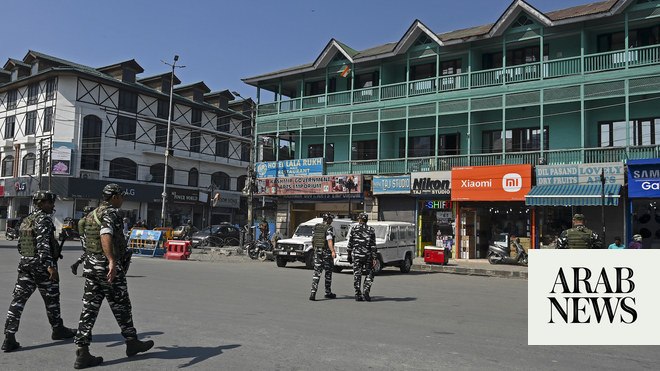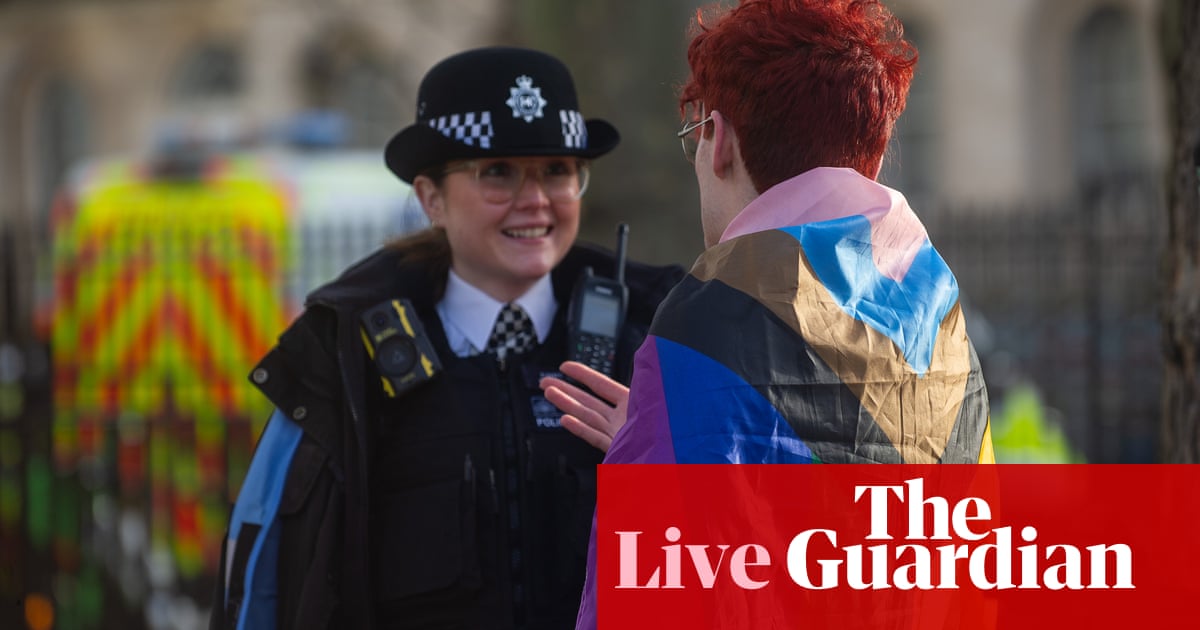
Benjamin Netanyahu could be barred from forming a government after Israel’s high court began assessing petitions that seek to obstruct the prime minister because he is under criminal indictment.
Sunday’s hearing threatens to end the political career of the country’s longest-serving leader. It could also return Israel to political crisis just two weeks after it appeared the year-long stalemate had finally been resolved.
On 20 April, Netanyahu and his main rival, Benny Gantz, agreed to form a unity government. The deal, which envisions Netanyahu remaining in power for the first 18 months, after which Gantz would assume the role of prime minister for the next 18 months, follows three elections with no clear result.
However, eight petitions filed by advocacy groups and opposition figures say that as a caretaker leader, Netanyahu is not protected by an Israeli law under which prime ministers are not legally obliged to step down if charged with a crime.
“This is part of the difficult problem in Israel today. Corruption has become acceptable,” Eliad Shraga, the founder of the non-profit Movement for Quality Government in Israel, said in court.
It would be a significant and controversial step for the courts to intervene after such a critical political agreement, especially one that was in part achieved because of the added urgency caused by the coronavirus pandemic. The virus has infected about 16,000 Israelis, killed 230, and devastated the economy.
Shimi Brown, a lawyer representing Gantz’s Blue and White alliance, told the judges on Sunday it would be “improper and extremely unreasonable” for the court to rule in favour of the petitioners after such a deal was reached.
In an opinion submitted to the court last week, Israel’s attorney general, Avichai Mandelblit, said that while Netanyahu’s indictments raised “major difficulties”, there was no legal basis for barring him from forming a government.
In January, the high court also declined to rule on whether Netanyahu could form a government under indictment, essentially deferring the decision to the electorate in March’s election. However, that vote was inconclusive, leaving the question open.
Netanyahu and his allies have accused the court of overreach. Interviewed on public radio on Saturday, the energy minister, Yuval Steinitz, said that if the court ruled Netanyahu cannot serve, it would amount to “an unprecedented attack on Israeli democracy”.
On Sunday, Netanyahu’s lawyer, Michael Ravillo, told the court: “Can this composition of judges replace voters?”
Meanwhile, pro-democracy protests have taken place, calling on the courts to hold the government to account. The weekly protests have been held under tight restrictions, with each protester standing two metres apart and wearing masks.
A few dozen protesters gathered outside the prime minister’s residence in Jerusalem as the court convened on Sunday. The hearing was broadcast live, unusual for Israeli cases, because coronavirus restrictions meant few were allowed to attend. All 11 judges wore face masks, with clear plastic barriers separating them from each other.
It is unclear when a decision will be announced. On Monday, the court will address separate petitions that question whether the Netanyahu-Gantz deal was itself legal, in part because it reduces the legally mandated four-year term to three.
Netanyahu’s upcoming trial – in which he faces damning charges of bribery, fraud and breach of trust – was meant to begin last month but was postponed until 24 May owing to concerns about the spread of the coronavirus in courthouses.
The 70-year-old has denied any wrongdoing, describing the investigations as a “witch hunt”.












